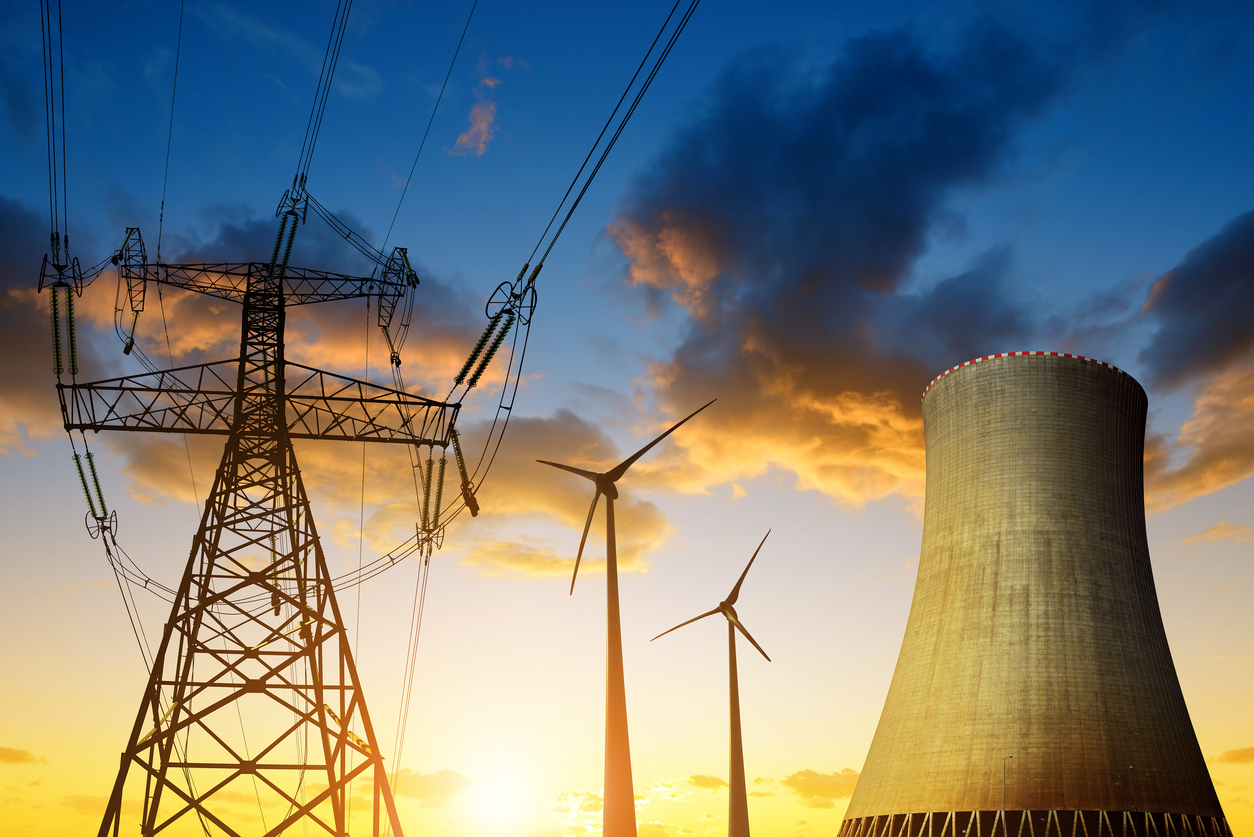Magellan Global Listed Infrastructure
Dear Investor,
The last year was a volatile year for investors. Buffeted by rising geopolitical risk, disruptive new technology and an increasingly uncertain economic outlook, financial markets ricocheted between euphoria and anxiety. Amidst this uncertainty, global listed infrastructure has continued to hum along – delivering dependable growth.
At Magellan, we see this as infrastructure’s core purpose in investor portfolios; to enhance risk-adjusted returns by providing diversification and wealth protection in challenging market conditions. Moreover, we view this resilience not as luck, but as the natural outcome of owning assets whose cash flows are underwritten by regulation, long-term contracts and indispensable demand. Not everything that calls itself “infrastructure” earns a place in our universe. We maintain a strict definition and screen out businesses exposed to commodity prices, material competition or significant sovereign risk. What remains – predominantly regulated utilities, toll road and airport concessions, contracted energy networks and communications towers – has historically produced predictable, inflation-linked earnings through recessions and shocks.
Fiscal year 2024/25 was a strong year for Magellan’s Infrastructure Strategy. Reflecting its distinguished quality characteristics and inherent defensiveness, the Strategy demonstrated its resilience during the downdrafts. In the September quarter the Strategy recorded strong performance as market sentiment weakened, with recession fears emerging as softening economic conditions, evident in jobs data and business activity, reduced investor confidence. Global equities were choppy, falling 9% from 16 July to 5 August, then rebounding 11% by quarter end.
While the December quarter was characterised by market exuberance in anticipation of, and following, Trump’s victory in the US election, only a few months later significant uncertainty and volatility ensued. Nerves rose at the end of the March quarter and into the June quarter, as the reality of the new US administration set in. Equities recorded three consecutive months of declines from February to April, with the market down over 5%1 in March alone. The inauguration of President Trump marked the beginning of a slew of executive orders that disrupted multiple sectors of the economy. Tariff policy was a particular pain point, culminating in “Liberation Day” on 2 April 2025 with the announcement of the highest, widespread global tariffs since the 1930s. The consequences of this were pervasive, prompting a rotation to defensive assets, particularly European defensive assets. The Strategy recorded solid positive performance against a backdrop of falling global markets, again highlighting the diversification
benefits of a well-defined infrastructure portfolio.
We maintain a strict definition and screen out businesses exposed to commodity prices, material competition or significant sovereign risk.
Our conviction in our definition of infrastructure was affirmed when the AI theme that has been widespread across the broader market was temporarily knocked off course by technological innovation. The unveiling of DeepSeek, an open-source AI model, drove a sell-off in AI- and data centre-exposed companies, including the merchant power producers who supply them. Shares in merchant generators with this exposure sank. Vistra fell 28% on 27 January, while Constellation dropped 21%, as investors reassessed their thesis that exponential growth in AI workloads would drive persistently higher power prices. As a reminder, the Strategy excludes economically sensitive assets with material exposure to competition from our investable universe, including merchant generators and data centre companies, due to such potential volatility.
As always, our investment decisions focus on the fundamentals and quality of the businesses in which the Strategy is invested. We saw many of the long-standing positions perform well during the market volatility. This includes utility holdings such as WEC Energy, which continued to perform strongly and exceeded expectations. Xcel Energy also had good results and shook off speculation on excessive wildfire liability from a fire in Texas in mid-2024.
Our core focus on high-quality businesses with strong fundamentals was also clear in our European holdings, which benefited as investors recognised the value inherent in this market. One of the key contributors to the Strategy included France-based Vinci, which benefited from a period of political calm following a tumultuous 2024 marked by higher taxes, a parliamentary election and the collapse of the minority government in December. The company also got a boost from the announcement of the German stimulus package in March.
Other European companies that did well include airport operator Aena, which continued to produce strong results, reflecting ongoing leisure travel demand and improved sales in its non-aeronautical businesses. Italy’s largest gas distribution company Italgas was also a strong performer. Approval of its takeover of the country’s second-largest gas distribution utility focused the market’s attention on what had been an ignored utility, operating in an attractive and stable regulatory regime.
Looking ahead, we remain positive on the outlook for a well-constructed global listed infrastructure portfolio. In the near term, a weakening economic outlook and potential market jitters on growth and inflation risks can be expected. At the same time, interest rates are falling or stable in major economies. This environment is a timely reminder that essential services assets are highly resilient in a downturn, with demand profiles that face far more limited impacts from economic conditions. Over time, infrastructure is positioned to earn real growth. This is apparent in utilities, where significant capital investment is expected to replace ageing assets or decarbonise, and in communications infrastructure, with new investment and infill to meet ongoing robust data demand. Aviation and motorway assets also benefit from the tailwinds of population and real wealth growth.
We expect investing in a well-defined universe of infrastructure investments to deliver attractive risk adjusted returns through an investment cycle. Our focus and commitment to investors is to provide a dependable strategy for achieving strong, stable returns over the long term.


Ofer Karliner, CFA
Co-Head of Infrastructure and Portfolio Manager


Ben McVicar, CFA
Co-Head of Infrastructure and Portfolio Manager
1 MSCI World Net Total Return Index, AUD hedged
Image Source: iStock
